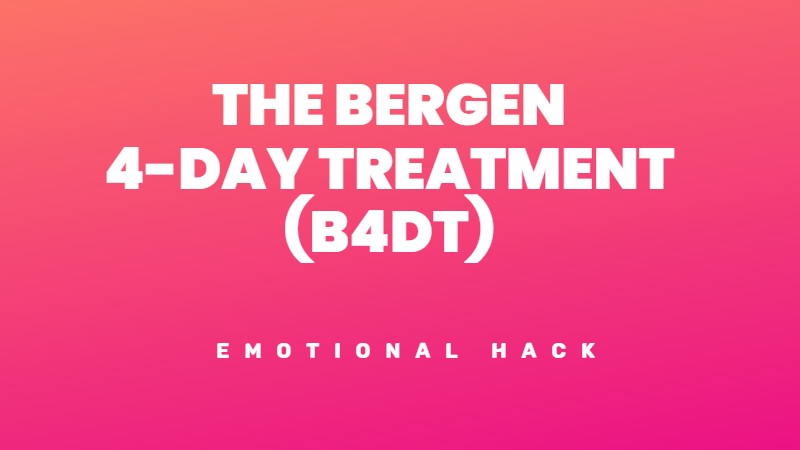Multivitamins may help keep your mind sharp as you age
Recent studies suggest that taking a daily multivitamin might slow cognitive decline in older adults. A simple, basic multivitamin taken every day could slow cognitive ageing by up to two years, according to new research published in the American Journal of Clinical Nutrition (June 2024).
Key findings
The study found a statistically significant benefit for cognition in participants who took a multivitamin compared to those who took a placebo. This suggests multivitamins may help prevent memory loss and slow cognitive ageing in older adults.
About multivitamins
More than one in three adults in the United States report taking a multivitamin regularly, making it the most common dietary supplement. The multivitamin used in the study, Centrum Silver, contains 24 different vitamins and minerals.
The COSMOS study
The COcoa Supplement and Multivitamin Outcomes Study (COSMOS) is a nationwide (USA), randomized trial that tests the effects of cocoa extract and multivitamin supplements on cognitive decline, heart disease, cancer, and other conditions. So far, the study has only found benefits for cognition when taking multivitamin pills, which was a somewhat unexpected finding, according to the authors.
Methods and results
Researchers conducted detailed in-person cognitive assessments on 573 participants in the COSMOS-Clinic subset of the study. They observed a “modest” benefit for the multivitamin group compared to the placebo group in overall cognition over two years. There was a statistically significant benefit from multivitamin supplementation on changes in episodic memory, but not in executive function and attention.
This marks the third report on the positive effects of multivitamins on cognition. Dr Baker, one of the study authors, says, “The fact that similar multivitamin benefits were observed in three different groups of people enrolled in the same parent trial increases our confidence that daily multivitamin supplementation holds promise as a strategy to support cognitive health in older adults.”
In a separate meta-analysis based on the three studies, researchers found evidence of benefits for both overall cognition and episodic memory. They estimated that multivitamins slowed overall cognitive ageing by the equivalent of two years compared to a placebo.
Caveats and limitations
Not everyone agrees with the study’s conclusions. Dr Hussein Yassine, an associate professor of neurology and medicine at the Keck School of Medicine at the University of Southern California who was not involved in the research, says that although the study was well-designed and executed, the positive effects were small, meaning that only a few people benefited. “Future research needs to define who is likely to benefit,” he says.
Dr Cohen, another expert not involved in the study, questions the conclusion that the multivitamin could slow cognitive ageing by two years. He says the method used to arrive at that estimate, which involved averaging test results together and comparing the multivitamin group’s performance to average test scores by age, is unvalidated and unclear.
The study also did not include underrepresented, minoritized groups who are at higher risk for cardiovascular and other comorbidities. More research is needed to confirm if the suggested benefits can be replicated in studies with real-world outcomes.
Additional recommendations
Daily exercise is recommended for people who want to preserve their brain health, along with a healthy diet rich in unprocessed foods, fibre, omega-3s, complex carbs, and low in simple sugars.




Gi tilbakemelding om dette